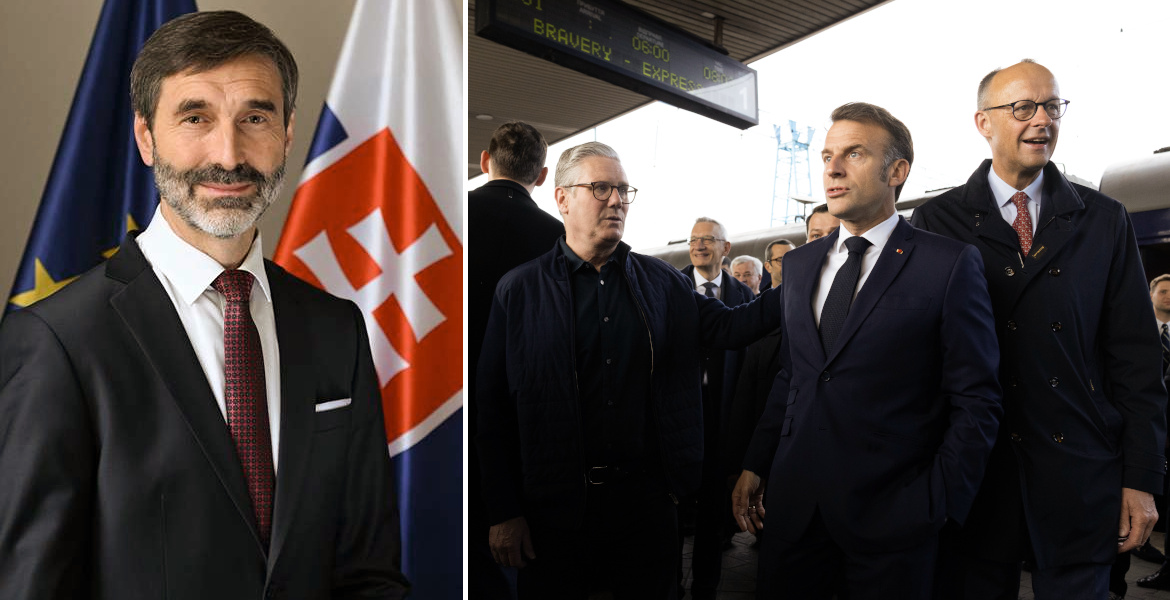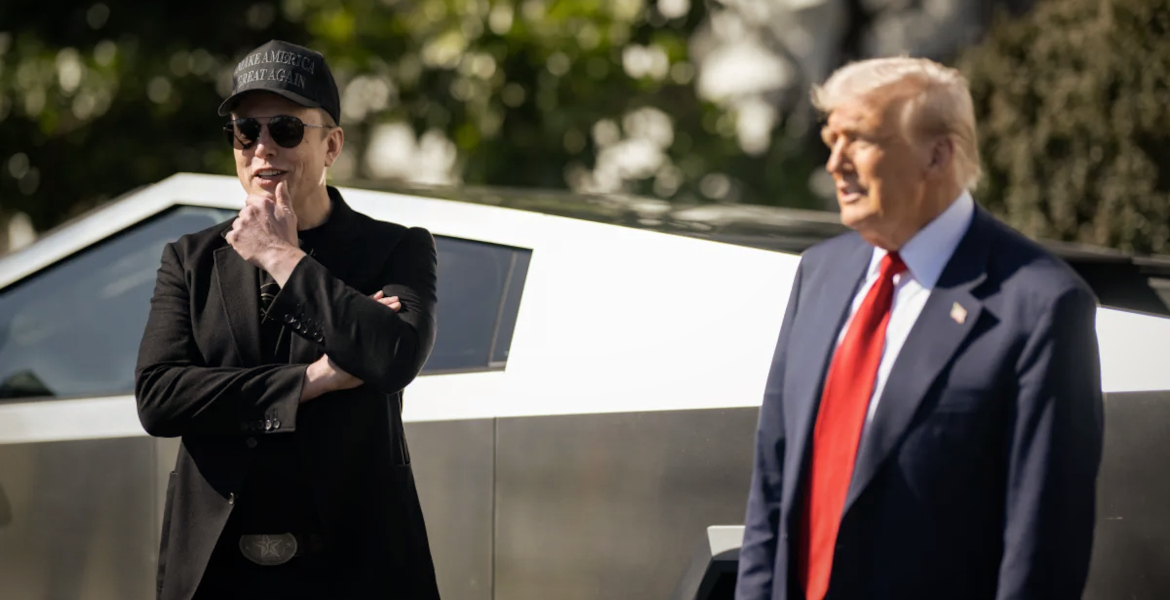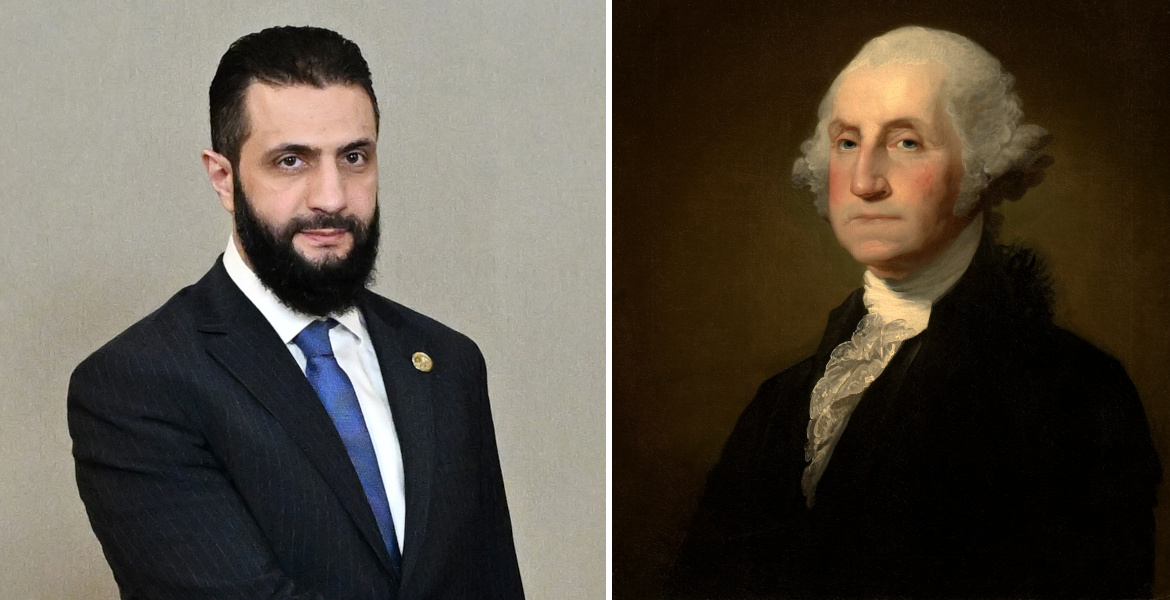In a new controversial statement, President Joe Biden claims that his uncle was eaten by cannibals in Papua New Guinea.
However, there is no official documentation to support the claim that his uncle, a lieutenant in World War II, fell victim to cannibal tribes.
It was during a stop in Pittsburgh this week that the aging president said he had visited a memorial to those who lost their lives in World War II and began talking about his uncle, Lieutenant Ambrose J. Finnegan.
According to official Pentagon records, the uncle died on May 14, 1944, when the military plane he was riding in was forced to make an emergency landing in the Pacific Ocean off the northern coast of Papua New Guinea.
“Both engines failed at low altitude and the nose of the plane hit the water hard. Three men were unable to climb out of the sinking wreckage and died in the crash”, it says.
However, Biden claims that the uncle did not drown in the crash and that the reason his body was not found is because he was simply eaten by cannibals and there was no body to find.
Challenged by investigators
– We called him Uncle Bosie – he was shot down. He was in the Army Air Corps before there was an Air Force. He flew single-engine planes, reconnaissance flights over New Guinea. He volunteered because nobody else could go.
– He was shot down in an area of New Guinea and they never found his body because there were a lot of cannibals in that part of New Guinea at the time.
A large number of investigators and journalists have pointed out that while it is true that there were and still are cannibals in the area, there is no corroborating evidence that they were involved in the death or disappearance of the uncle, and the statement is seen by many as further evidence that the president is becoming increasingly confused and misguided.
It should also be noted that some 79,000 American soldiers were never found after World War II and are still counted as “missing in action”.
“What is Biden trying to say? That all 79,000 who were never found were actually eaten?” asks Michael Kabuni, a political science lecturer at the University of Papua New Guinea.









